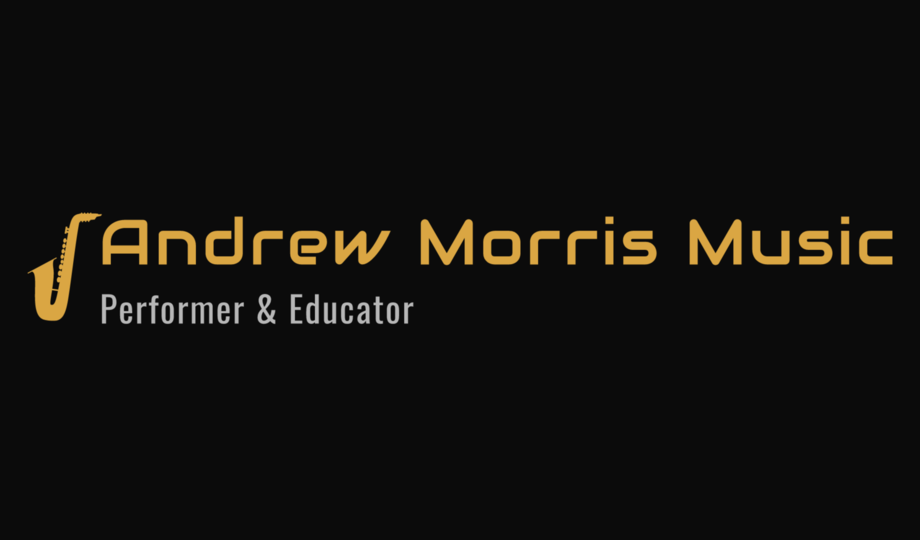
Vocals Page
I'm Andrew Morris, a passionate and experienced vocal teacher who can help you achieve your singing goals.
Whether you're just starting out or looking to improve your vocal skills, learning to sing can be a fun and rewarding experience. With my customised teaching approach, you can unlock your full potential as a singer and achieve the results you desire.
During your lessons, you'll receive comprehensive training in vocal technique and sound, as well as explore more advanced topics such as music theory and improvisation.
I will work closely with you to create a personalised lesson plan that caters to your individual needs and interests.
What sets my lessons apart is my emphasis on establishing a strong foundation in vocal technique. This will help you develop a beautiful sound, improve breath control and articulation, and expand your range and dexterity as a singer.
My lessons are designed to be both fun and productive, allowing you to progress at your own pace.
I offer private vocal lessons for all ages and skill levels, either at my home studio or online via platforms including FaceTime and Zoom.
I also provide music theory lessons to improve your understanding of music theory and how to apply it to your singing, as well as exam preparation to help you succeed in singing exams, competitions, and auditions.
My lessons are available in a variety of styles, so whether you're interested in rock, pop, jazz, or classical singing, I’ve got you covered.
Join me today to start your singing journey and take your vocal skills to the next level!
Develop into the musician you wish to be, contact me now on:
music@andymorris.co.uk / 07973 393647
__________
Frequently asked questions about Vocals
How do I improve my singing voice?
To improve your singing voice, try practicing regularly, breathing deeply from the diaphragm, and taking voice lessons from a professional vocal coach.
What are the best vocal warm-ups before singing?
Some of the best vocal warm-ups before singing include lip trills, humming, tongue exercises, and breathing exercises.
How do I overcome stage fright when singing?
To overcome stage fright when singing, try practicing your performance in front of friends and family, visualising a successful performance, and doing deep breathing exercises to calm your nerves.
How do I protect my voice when singing?
To protect your voice when singing, make sure to stay hydrated, avoid smoking and excessive alcohol consumption, warm up properly before singing, and avoid screaming or straining your voice.
Can anyone learn to sing or is it a natural talent?
While some people may have a natural talent for singing, anyone can learn to sing with practice and the guidance of a vocal coach.
What are the different vocal ranges in singing?
The different vocal ranges in singing include soprano, mezzo-soprano, alto, tenor, baritone, and bass.
How do I find my vocal range?
To find your vocal range, try singing along to different songs in different keys and pay attention to where your voice feels the most comfortable.
What are some common vocal techniques used in singing?
Some common vocal techniques used in singing include vibrato, falsetto, belting, and breath control.
How do I sing with emotion and expression?
To sing with emotion and expression, try connecting with the lyrics of the song and conveying the emotions behind the words through your voice and body language.
How do I prepare for a singing audition?
To prepare for a singing audition, choose a song that showcases your strengths, practice regularly leading up to the audition, and consider getting feedback from a vocal coach or trusted friend.

